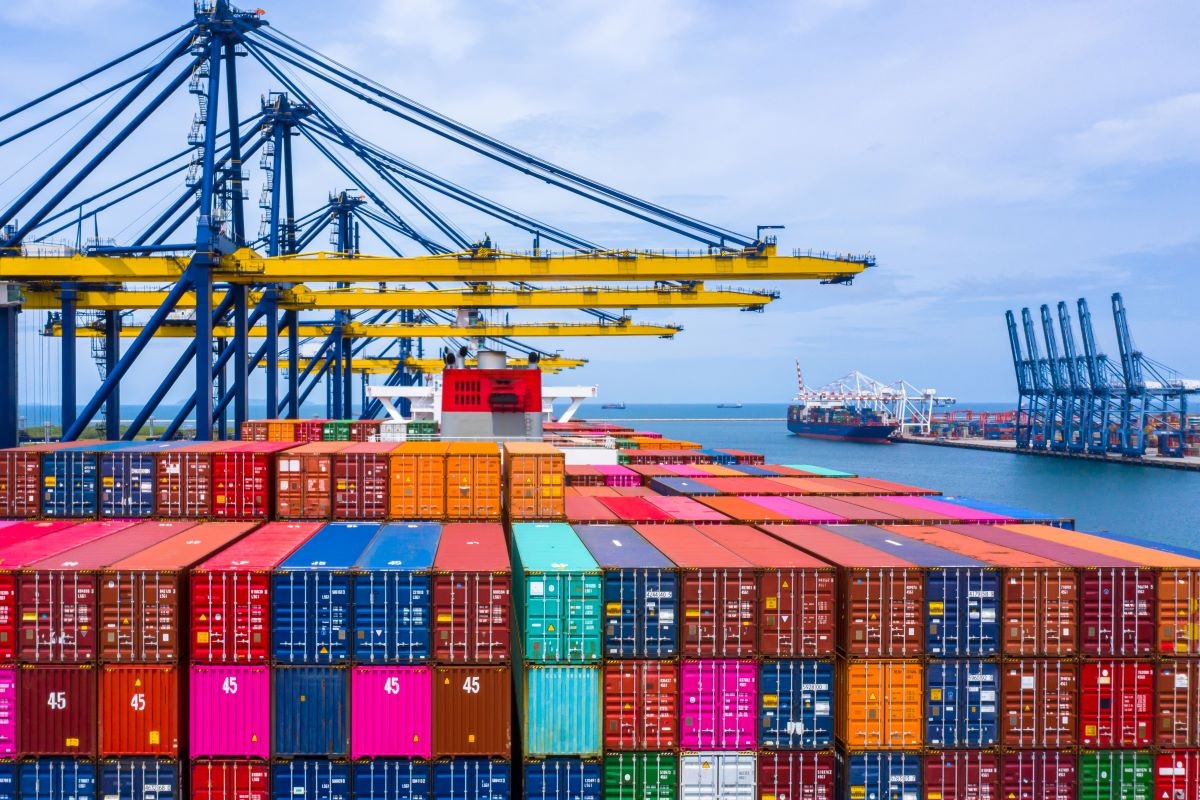
Shipping containers are the unsung heroes of global trade, silently transporting goods across vast distances. These metal giants, often overlooked, hold within them a world of products and materials that fuel our modern economy. In this article, we will delve into the fascinating realm of shipping containers and explore what they transport, their impact on global commerce, and the intricate logistics involved.
- The Backbone of Global Trade:
Shipping containers serve as the backbone of global trade, facilitating the movement of goods between countries and continents. From consumer electronics and clothing to raw materials and machinery, these containers carry an astonishing array of products. They enable businesses to reach international markets, connecting manufacturers, suppliers, and consumers worldwide. - The Diversity of Cargo:
Within shipping containers, an incredible diversity of cargo can be found. Food products, such as fruits, vegetables, and grains, are transported to meet the demands of consumers around the globe. Industrial goods, including automobiles, machinery, and construction materials, are shipped to support infrastructure development. Additionally, consumer goods like clothing, electronics, and furniture are transported to satisfy the desires of a global consumer base. - Specialized Containers:
Shipping containers are not limited to standard dimensions and designs. Specialized containers have been developed to meet the unique requirements of certain industries. Reefer containers, for example, are equipped with refrigeration systems to transport perishable goods like fruits, vegetables, and pharmaceuticals. Tank containers are designed to safely transport liquids, such as chemicals and fuels. These specialized containers ensure the integrity and safety of the cargo during transit. - The Impact on Global Economy:
The efficient transportation of goods via shipping containers has revolutionized the global economy. It has enabled the growth of international trade, fostering economic development and creating employment opportunities. By reducing transportation costs and increasing efficiency, shipping containers have contributed to the expansion of global markets and the integration of economies worldwide. - Logistics and Supply Chain Management:
Behind the scenes, a complex web of logistics and supply chain management ensures the smooth operation of shipping container transportation. From port operations and customs clearance to freight forwarding and tracking systems, various stakeholders collaborate to ensure the timely and secure delivery of goods. Advanced technologies, such as GPS tracking and blockchain, are also being utilized to enhance transparency and efficiency in the shipping industry.
Conclusion:
Shipping containers are more than just metal boxes; they are the vessels that connect nations, industries, and people. They carry the lifeblood of global trade, transporting a vast array of goods across oceans and continents. Understanding the significance of shipping containers and the intricacies of their operations sheds light on the interconnectedness of our modern world. As we continue to rely on these silent giants, let us appreciate the immense impact they have on our daily lives and the global economy.
